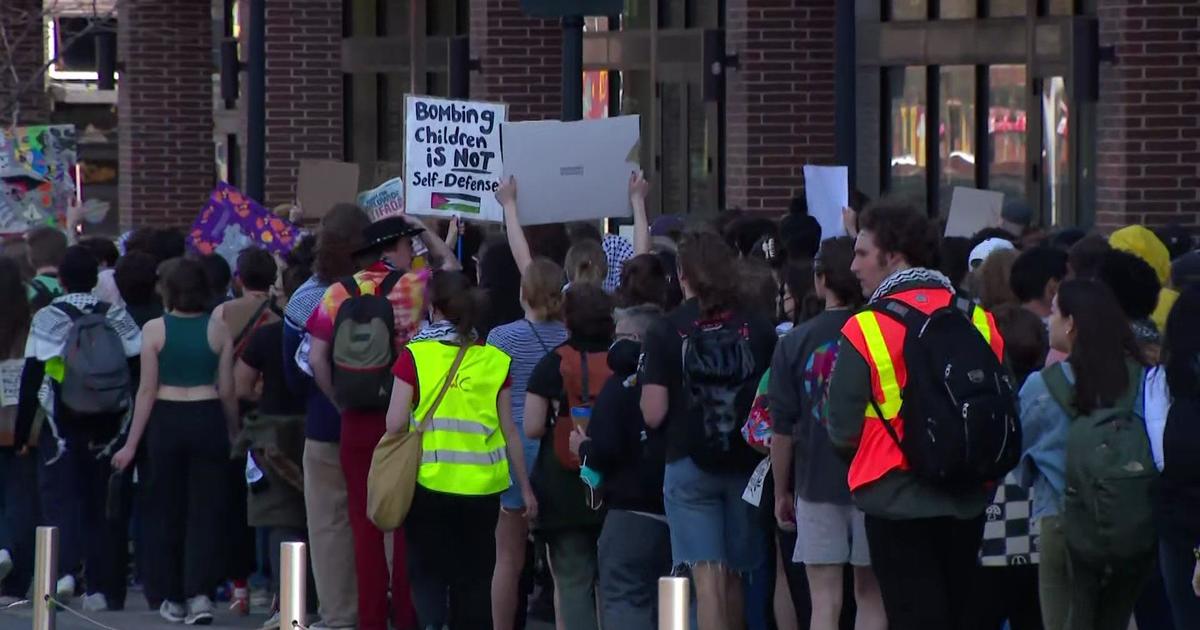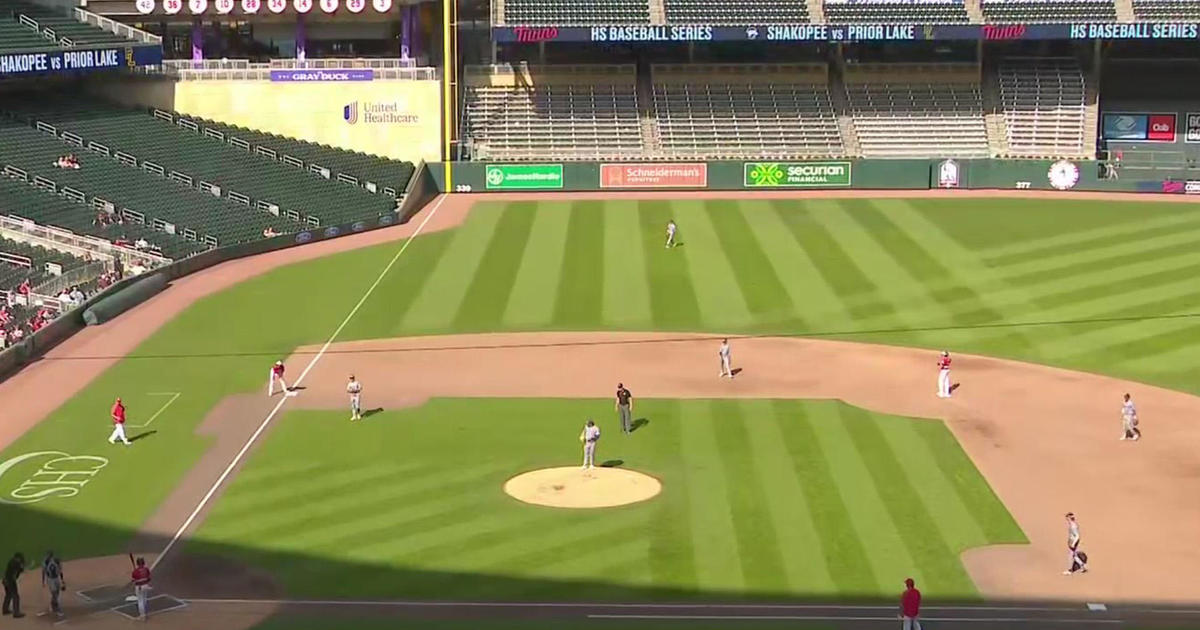Where Do Plastic Bags From Take-Back Centers Go?
MINNEAPOLIS (WCCO) -- From the grocery store to big-box retailers, Americans use tens of billions of plastic shopping bags each year. Most end up in landfills, but stores like Target, Walmart, Kohl's and grocery chains are offering to take them back.
That had Max from New Hope and Julie from Bemidji wanting to know: Where do the plastic bags go? Cub Foods let WCCO tag along on its process.
"Financially it makes sense and environmentally, it's the right thing to do," says Becky Richert, manager of waste and recycling for UNFI, the parent company of Cub Foods. "Socially, it's the thing we want to do for our customers to provide them an outlet because otherwise they wouldn't have any options."
Plastic shopping bags cannot be put in the regular recycling stream. They are a contaminant and can easily clog up a recycling conveyer line.
Over the past two decades, retailers have been the place to return that plastic bags that can't be recycled at the curb. In the Twin Cities, there are collection sites at Target, Walmart, Kohl's, Cub Foods, Kowalski's, Lunds & Byerlys.
At all of the 78 Cub Foods in Minnesota, there is a collection site located at the entrance to the store. In it, customers can drop off what's considered "flimsy" plastic — shopping bags, cereal bags, newspaper bags, plastic wrap, dry cleaning bags and more. It's generally the plastics labeled numbers 2 and 4.
It doesn't matter the color or where the retailer originates. The only requirement is that the flimsy plastic be clean and dry.
At Cub Foods, the customer plastic is then collected and combined with the plastic from the store, including plastic wrap that covers pallets of food. That plastic is sent to a distribution center in Hopkins, where it's mixed with plastics from other stores. UNFI also collects the plastics from Twin Cities Kowalski's, Lunds & Bylerlys, Jerry's Foods and Coborns.
From there, it's sold and shipped to Trex, a company with a facility in Virginia. Trex is known primarily for its composite lumber decking and is the major player in the plastic film resale market. According to Dave Heglas, Trex's senior director of supply chain excellence, Trex buys 75-percent of the recycled plastic film that's sold in the U.S.
"Film is a challenging product to recycle because it's different," says Heglas. "Recycling film is like taking a box of 64 different-colored crayons, getting them all mixed up and then trying to separate them out for somebody that wants the magenta color or sky blue."
Trex shreds and chops the plastic, taking it from the size of a bag to the size of a pea. Then, it will mix it with sawdust — primarily from flooring and cabinet making — heat it, press it and extrude it into composite lumber. That lumber is then used to build decks, railings, walkways and fencing.
A 500-square-foot Trex deck uses about 140,000 plastic bags.
Other companies will also buy the recycled film, according to Shari Jackson, director of film recycling for the American Chemistry Council. Jackson says the film can be used to make other plastic bags, protective sheaths, lawn and garden products, pipes and shopping carts.
Richert says the recycling programs have lots of room to grow. According to the Minnesota Pollution Control Agency, only 13-percent of all plastics in Minnesota are recycled.
Ultimately, recycling is better than throwing out the flimsy plastic, but experts say the key is to use fewer plastics in the first place.
More Recycling CEO Nina Butler says people should fewer bags, reuse them, recycle them correctly and buy products that are recycled.
"If we don't buy stuff with recycled content, we aren't closing that loop," says More.



